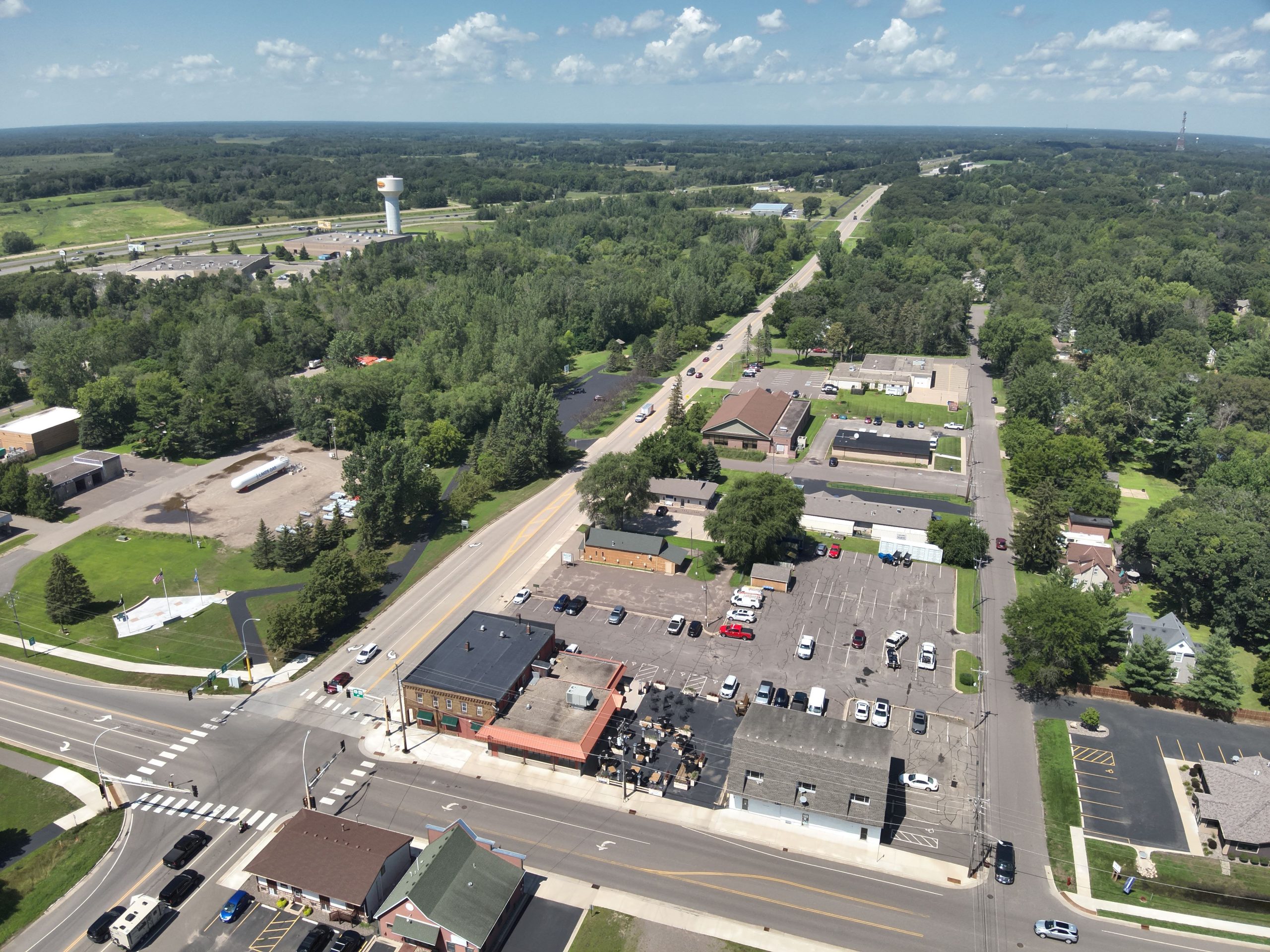Cambridge, MA
With comprehensive, high-confidence pavement condition data for 122 miles in hand, Cambridge shifted from reactive fixes to a proactive, citywide plan residents can see and understand.

Cambridge, MA Infrastructure Assessment
Summary
- Delivered citywide pavement condition data for 122 roadway miles by June, 14, 2024
- Moved Cambridge from reactive repairs to a transparent, data-driven paving program residents can trust
- Weeks-not-months delivery accelerated pothole fixes, safer streets, and smoother commutes
Problem
Cambridge manages high-traffic streets, constant utility work, and harsh winters, but lacked current, consistent pavement condition data. Without clear insights, the city didn’t know which roads to fix or when and had no accurate basis to forecast or defend paving budgets. Staff often found themselves reacting to complaints and struggling to justify choices in public meetings, which slowed projects and left residents frustrated.
Solution
Cambridge chose Cyvl to capture a rapid, citywide assessment using vehicle-mounted LiDAR and sensors, surveying 122 roadway miles at traffic speed. By June, 14, 2024, the Infrastructure Intelligence platform used AI to process the data and produce detailed, actionable pavement condition scores by segment, along with repair strategies and budget scenarios. The city received prioritized repair lists and defensible paving plans tied to transparent metrics, plus map-based reports that help leaders brief council, coordinate utilities, and schedule crews with confidence.
Impact
With comprehensive, high-confidence pavement condition data for 122 miles in hand, Cambridge shifted from reactive fixes to a proactive, citywide plan residents can see and understand. Weeks-not-months delivery compressed the time between data collection and construction programming, accelerating repairs that improve safety and reduce vehicle damage. Clear scores and cost models made budget allocation and crew scheduling straightforward, reducing 311 volume and making town meetings more productive and less contentious.
- 122 roadway miles surveyed and scored, giving every neighborhood a fair, transparent view of street conditions
- Paving plans produced in weeks, moving crews to the highest-need segments sooner and shortening time-to-fix for residents
- Noticeable reduction in 311 complaints as residents see clear timelines, better communication, and quicker repairs
- Town meetings run smoother with map-based reports that explain why each project was selected and when work will occur
- Faster pothole response and fewer flat tires through targeted maintenance windows informed by objective data
- Stronger case for funding as leaders demonstrate efficient, data-backed use of taxpayer dollars
- Budget allocation, public communication, and work scheduling are now extremely easy because every decision is backed by trusted data




-%20logo%20(unpadded).png.png)